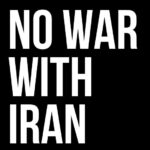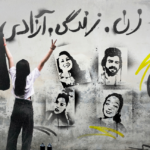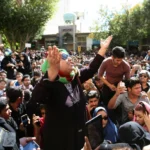
23 January 2024
The United Nations on Tuesday underlined its condemnation of capital punishment following Iran’s execution of a young man who was sentenced to death in connection with widespread protests.
Mohammad Ghobadlou, 23, who reportedly had a mental health condition, was arrested in September 2022 for running over a policeman and killing him during a demonstration near the capital, Tehran.
Thousands of people nationwide took to the street after the death of Mahsa Amini in police custody earlier that month. She had been detained by Iran’s morality police who accused her of wearing her headscarf improperly.
Mr. Ghobadlou was charged with “corruption on Earth” and sentenced to death.
Against capital punishment
“We continue to stand against and condemn the use of the death penalty,” said UN Spokesperson Stéphane Dujarric, responding to a reporter’s question during his daily briefing from New York.
Four experts appointed by the UN Human Rights Council also strongly condemned the execution of Mr. Ghobadlou, who had “a long-term psychological disability”.
They issued a statement urging Iran to respect international law and stop the “horrific execution” of protestors.
Access to lawyers denied
“We are alarmed by reports of unfair trial proceedings in the case of Mr. Ghobadlou, as well as in other cases, which fell far short of due process and fair trial standards required by international human rights law by which Iran is bound,” they said.
The rights experts also expressed serious concern over credible reports that people who were executed had been denied access to lawyers during their detention and trial.
“We are shocked that the authorities went ahead with the execution despite the fact that Mr. Ghobadlou and his lawyer had no information about the legal basis for the intended execution,” the experts said.
‘Unprecedented rise in executions’
They warned that at least four people are reportedly at imminent risk of execution in Iran, including two men in connection with the nationwide protests, while at least 15 others face the death penalty.
“We are dismayed by the unprecedented rise in executions in Iran and note that at least 834 people were executed in 2023, including eight people associated with the nationwide protests,” the experts said. “We urge the Iranian Government to stop this horrific wave of executions.”
The experts also called on the Government “to take steps to ensure the independence of the judiciary and that all due process and fair trial standards required by international human rights law are strictly and unequivocally upheld in all capital cases”.
Furthermore, they urged the authorities to review the use and implementation of the death penalty and ensure that capital punishment is used only for the most serious crimes, as defined by international law.
About Special Rapporteurs
The four Special Rapporteurs who issued the statement have individual mandates that cover the situation of human rights in Iran, extrajudicial, summary or arbitrary executions, the independence of judges and lawyers and the right to physical and mental health.
They were appointed by the UN Human Rights Council in Geneva and are neither UN staff nor are they paid for their work.


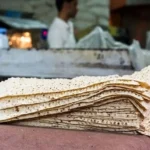


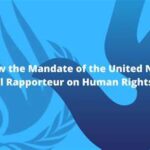
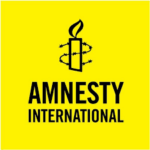





 Posted in
Posted in 

